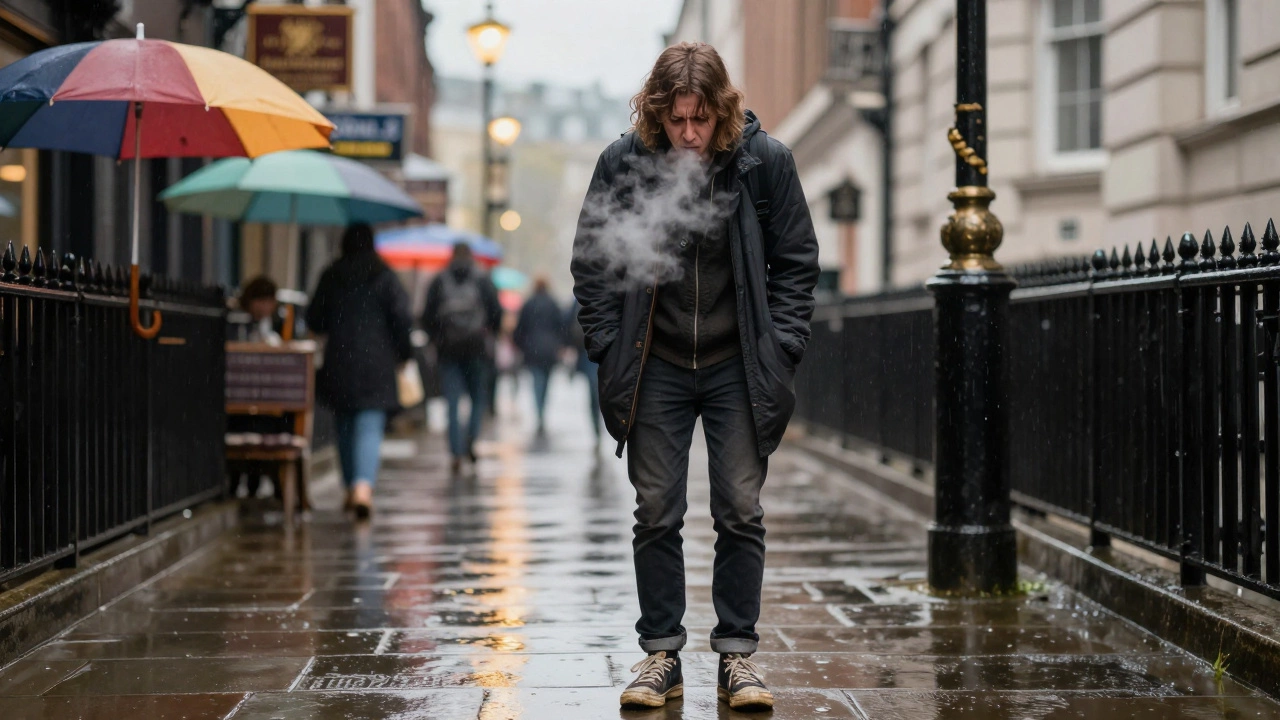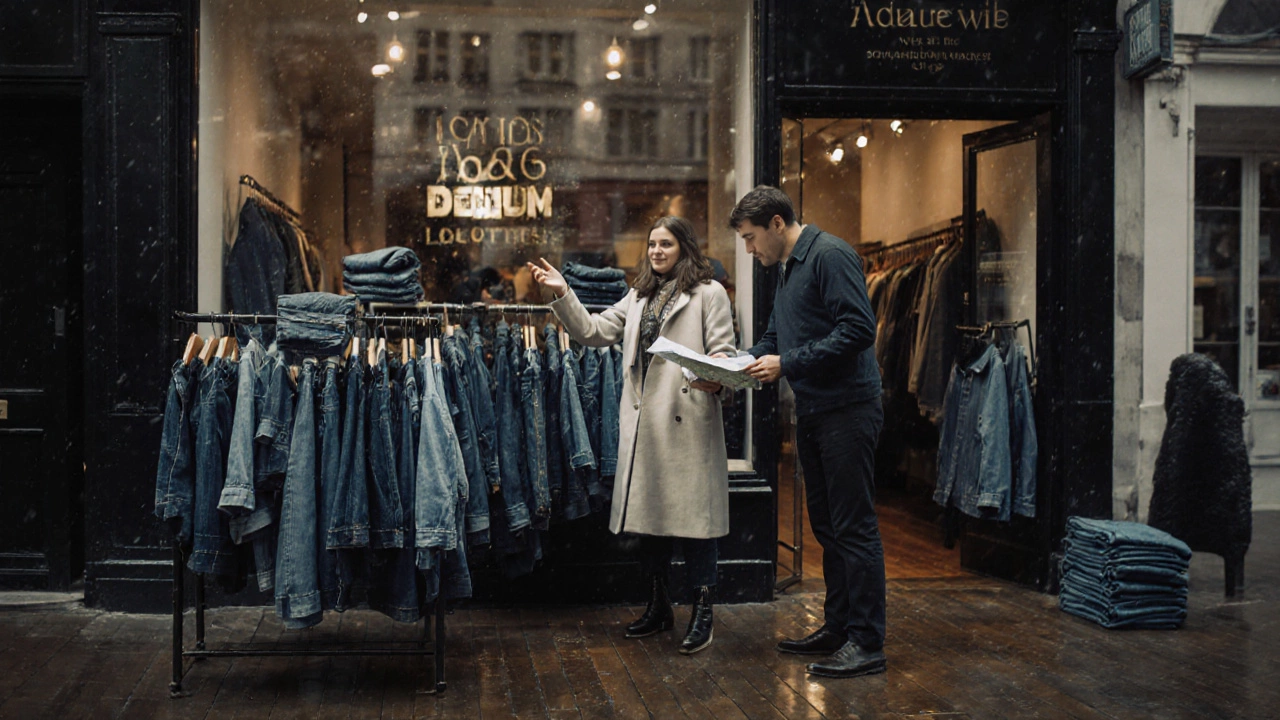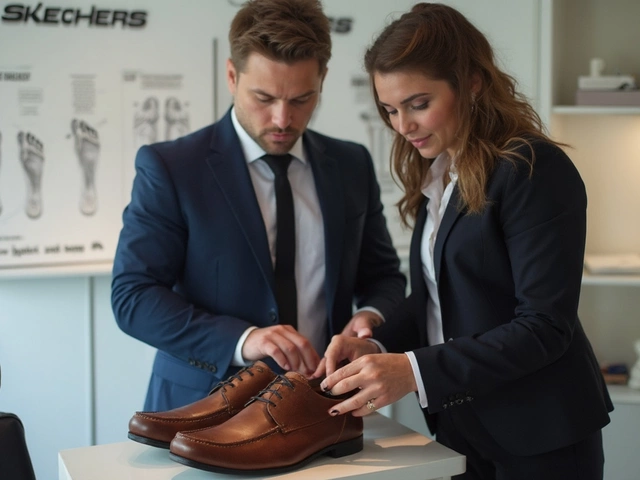UK Slang: What It Is and Why It Matters
When working with UK slang, the informal, everyday language spoken across England, Scotland, Wales and Northern Ireland. Also known as British slang, it reflects local culture, humor and identity, and it shows up in everything from street chatter to TV scripts.
The United Kingdom hosts a rich mix of regional dialects, distinct speech patterns such as Scouse, Geordie, Cockney or Glaswegian that shape slang terms. Each dialect adds its own flavor: a Liverpudlian might say "la" for friend, while a Geordie could call a cheap drink a "penny‑whistle". These variations mean that the same word can carry different meanings depending on where you are, and they keep the language lively.
Beyond geography, colloquial terms, everyday expressions like "cheeky", "gutted" or "knackered" that often slip into informal writing and social media help speakers sound relaxed and relatable. Knowing when to drop a colloquial term lets you blend in with locals, and it also prevents awkward misunderstandings—something travelers often learn the hard way.
How UK Slang Compares to American Slang
Many people wonder how American slang, the set of informal words and phrases popular in the United States stacks up against its British counterpart. The two share a love of creativity but diverge in tone and reference points. For example, "pants" in the UK means underwear, while in the US it refers to trousers. Similarly, a "biscuit" across the pond is a soft dinner roll, not the sweet cookie most Brits call a biscuit. These contrast points highlight how slang is rooted in local culture and daily life.
Both British and American slang evolve quickly, driven by music, TV, sports and internet memes. In the UK, you’ll hear a resurgence of 90s terms like "peng" (attractive) thanks to TikTok, while in the US, "lit" or "savage" rise and fall with viral videos. Tracking these trends shows the dynamic nature of informal language and underscores why staying current matters if you want to sound natural.
Understanding the relationship between UK slang and other varieties helps you decode jokes, follow lyrics and avoid faux pas. It also gives you a handy reference when you encounter mixed‑culture conversations—especially online, where British creators often blend slang with American phrases for effect.
Below you’ll find a curated list of articles that dig deeper into specific slang topics, from how British people talk about sleepwear to the terminology behind footwear. Whether you’re a fashion‑savvy shopper, a language enthusiast, or just someone who wants to sound less touristy next time you chat with a local, these pieces will give you practical examples, history and tips you can start using right away. Dive in and discover how the vibrant world of UK slang connects to everyday style, work dress codes, and even the names we give our favorite shoes.

What Does 'Bloody' Mean in England? A Guide to British Slang in Footwear and Everyday Speech
Learn what 'bloody' really means in England - not as a violent term, but as a common slang intensifier used daily in conversations about trainers, fashion, and everyday frustrations.

What Brits Call Jeans: UK Terminology Explained
Learn the exact British term for jeans, why "pants" means underwear, and how UK retailers label denim. Clear examples help you sound local.




